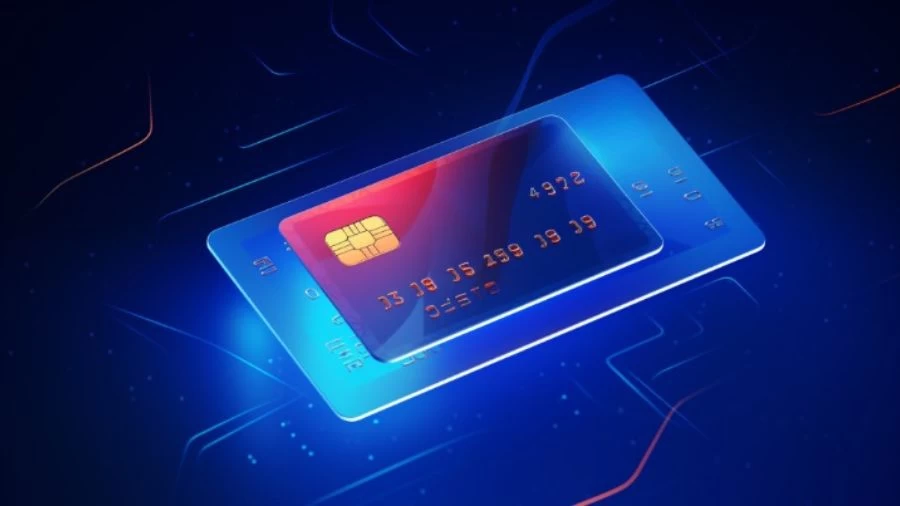
Which Best Describes How a Credit Card Works?
A credit card allows you to borrow money up to a limit, enabling purchases; you can pay in full or minimum, but careful management is vital to avoid debt and benefit from rewards and a good credit score.
by Sai V
Published Oct 19, 2023 | Updated Oct 19, 2023 | 📖 3 min read
Which Best Describes How a Credit Card Works?
A credit card operates as a financial tool that grants users a predetermined line of credit, enabling them to make purchases up to a specific limit. When you use a credit card, you essentially borrow money from the card issuer to pay for goods and services. Following the purchase, cardholders have the option to repay the borrowed amount in full before the due date, avoiding any additional charges. Alternatively, they can choose to pay a minimum amount specified by the card issuer, carrying the remaining balance forward to the next billing cycle.
However, opting for the minimum payment often incurs interest charges, making it crucial for users to manage their credit responsibly to avoid accumulating debt. Understanding the terms, fees, and payment options associated with a credit card is essential for making informed financial decisions and maintaining a healthy credit profile.
In addition to providing a convenient way to make purchases, credit cards offer several benefits to users. They often come with rewards programs, cashback offers, and other incentives that can translate into savings and perks for cardholders. Moreover, responsible credit card usage can positively impact one's credit score, which is crucial for future financial endeavors such as applying for loans or mortgages.
By making timely payments and managing credit card balances wisely, individuals can establish a good credit history, which opens doors to better interest rates and more favorable lending terms. It's essential for cardholders to strike a balance between enjoying the convenience of a credit card and maintaining financial discipline to maximize the advantages while avoiding potential pitfalls. Being aware of one's spending habits, budgeting wisely, and paying attention to credit card statements are key practices in ensuring a positive and fruitful credit card experience.
Credit Card
A credit card is a financial instrument in the form of a physical card that enables individuals to make purchases, settle bills, and even withdraw cash, depending on the specific card features. Essentially, it functions as a short-term loan provided by a credit card company.
Upon opening a credit card account, users are assigned a predetermined credit limit, indicating the maximum amount of money they can borrow. As they use the card for transactions, their available credit diminishes, and they are required to repay the borrowed sum to the credit card company. In essence, a credit card allows consumers to manage their expenses by providing them with a convenient means of making payments and accessing funds, subject to a predefined credit limit.




